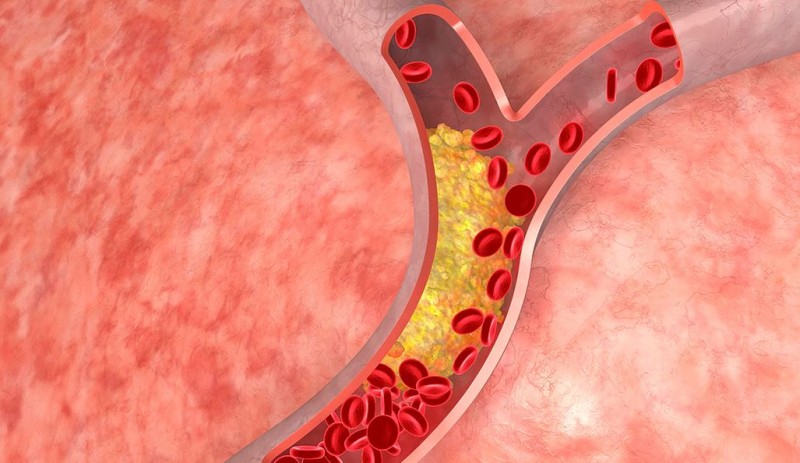
Cholesterol is a substance that, while essential for the body, can become a significant health risk when levels become imbalanced. For patients with serious diseases, such as diabetes and hypertension, managing cholesterol is crucial to prevent further complications like heart attacks and strokes. Here's why cholesterol control is vital and how it can be effectively managed.
Understanding Cholesterol
Cholesterol is a waxy, fat-like substance found in every cell of the body. The liver produces it, and it plays a critical role in producing hormones, vitamin D, and substances that help digest foods. Cholesterol travels through the bloodstream in two main forms: low-density lipoprotein (LDL), known as "bad" cholesterol, and high-density lipoprotein (HDL), known as "good" cholesterol.
Elevated levels of LDL can lead to the buildup of plaques in arteries, increasing the risk of cardiovascular diseases. For patients with existing serious conditions, such as diabetes or hypertension, maintaining healthy cholesterol levels is even more critical.
Why Cholesterol Management is Important
Increased Risk of Heart Disease: Patients with diabetes and high blood pressure are already at an elevated risk of heart disease. High LDL levels can exacerbate this risk, leading to serious complications.
Complications from Poor Control: For diabetic patients, uncontrolled cholesterol can lead to cardiovascular problems, as insulin resistance affects lipid metabolism. For hypertensive patients, high cholesterol can further narrow arteries, increasing blood pressure and the likelihood of heart attacks.
Systemic Effects: High cholesterol can have systemic effects, contributing to inflammation and other issues that complicate existing health conditions.
Expert Recommendations
According to health experts, individuals with serious diseases should aim to keep their LDL cholesterol levels below 70 mg/dL and non-HDL levels under 100 mg/dL. Regular check-ups and monitoring are essential for managing cholesterol effectively. Here are some expert-recommended strategies:
Dietary Changes: Incorporate heart-healthy foods such as:
Monounsaturated Fats: Found in avocados and olive oil, these can help lower LDL cholesterol.
Soluble Fiber: Foods like oats, beans, and fruits can aid in reducing cholesterol absorption.
Regular Exercise: Physical activity can help raise HDL cholesterol and lower LDL levels. Aim for at least 150 minutes of moderate aerobic exercise each week.
Weight Management: Maintaining a healthy weight can help regulate cholesterol levels. Even individuals who are slim should monitor their cholesterol, as it can be misleading to assume they are not at risk.
Medications: For some patients, lifestyle changes alone may not be sufficient. Statins and other medications can be prescribed to help manage cholesterol levels effectively.
Regular Health Check-ups: Patients should have regular cholesterol screenings to monitor their levels and adjust their management plans as needed.
Managing cholesterol is crucial for patients with serious diseases like diabetes and hypertension. With proper dietary choices, regular exercise, and medical guidance, it is possible to maintain healthy cholesterol levels and significantly reduce the risk of cardiovascular complications. Consulting healthcare professionals for personalized advice and treatment is essential in this management process.
Boost Your iPhone's Battery Life and Health: Expert Tips and Tricks
World Snake Day: Understanding India's Challenge with Snake-Bite Fatalities
The Hidden Danger of Postpartum Psychosis: Understanding the Mental Health Crisis